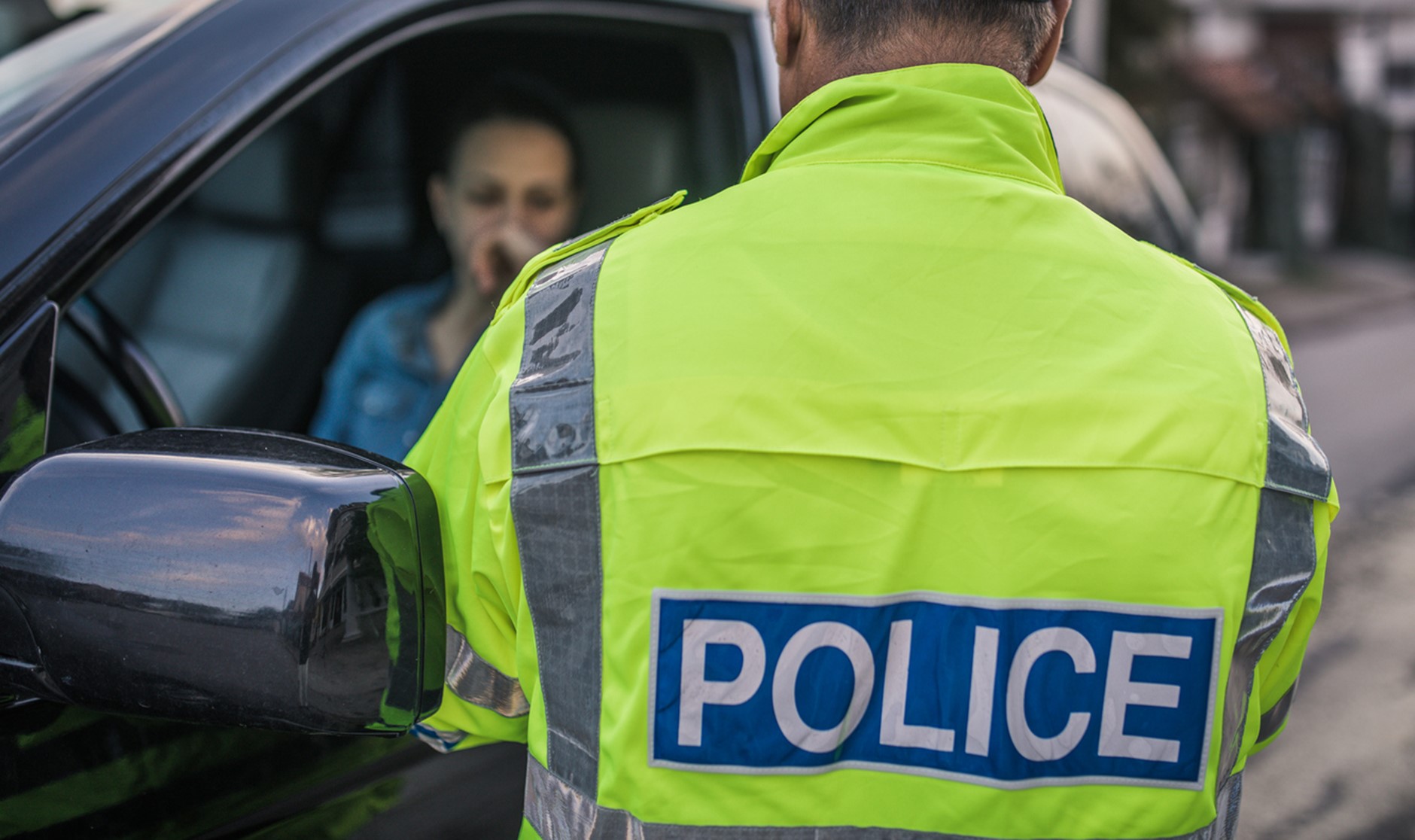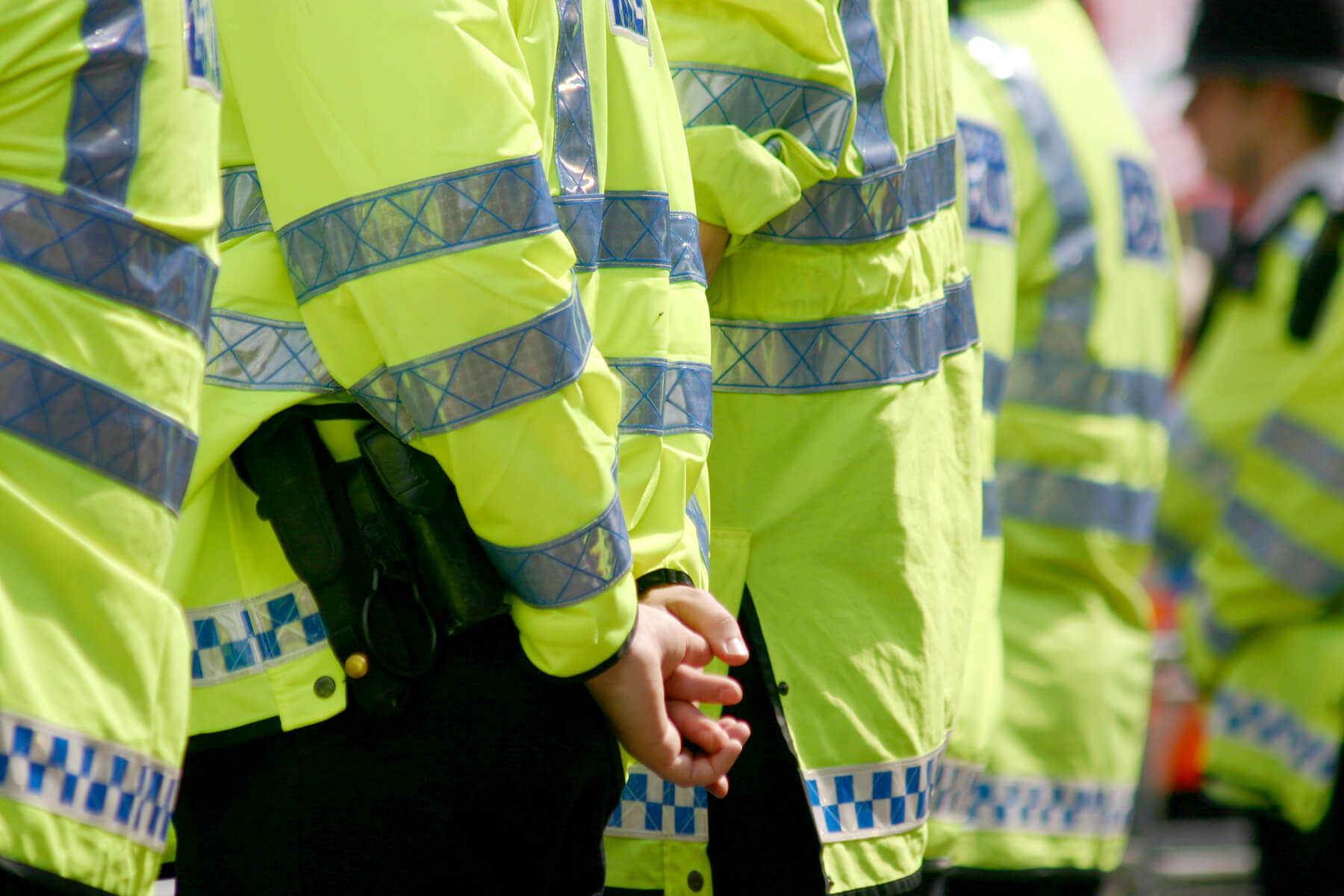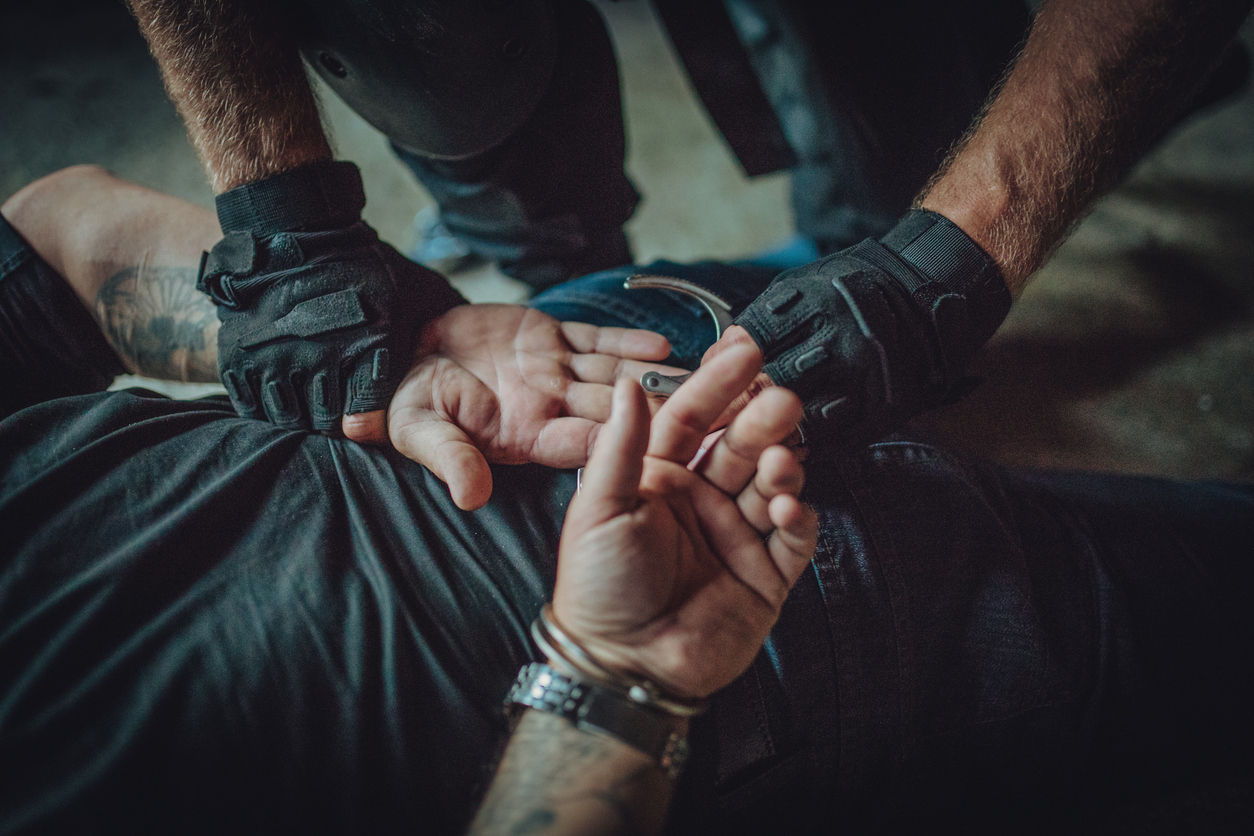What is the police procedure for arresting someone UK?
What is the police procedure for arresting someone UK?
Being arrested by the police can be a very scary experience, especially if you feel you haven’t done anything wrong. If you don’t know what to expect when the police arrest you, this can be very daunting, so it’s good to have a basic understanding of the police procedure for arresting someone, which will also allow you to ensure your rights are upheld throughout the arrest process.
In some cases, the police may not follow the correct police procedure for arrest. In this case, you may encounter police misconduct, where the police do not meet the standards required by them. In these instances, you may be able to claim compensation from the police for the misconduct you faced.
To legally arrest you, the police need reasonable grounds to suspect you’re involved in a crime and a reasonable belief that your arrest is necessary. If they do not have reasonable suspicion to suspect you or reasonable grounds to believe your arrest is necessary, or they do not follow the correct arrest procedure, this could be considered a wrongful arrest, for which you could claim compensation.
Read on to find out more about the correct police procedure for arresting someone and how to make a civil claim against the police in England and Wales.

What is the police procedure for arresting someone?
In England and Wales, the police have the power to arrest you anywhere at any time, and they can do so on the street, at home, or while you’re at work, provided the police have the power of entry to private premises. The rules are different in Scotland, however, and this article only relates to the police arrest procedures in England and Wales.
The police arrest procedure involves several steps that the police must follow in order to ensure the arrest is lawful. In order to arrest you, the police must have reasonable suspicion to suspect you were involved in a crime and reasonable belief that your detention is necessary. To find out more about the necessity to arrest, read our blog on the topic.
When you’re arrested, it is good practice for the officer to:
- Identify themselves as police
- Inform you that you are being arrested
- Tell you what crime they believe you have committed
- Explain why it is necessary to arrest you
- Explain that you are not free to leave
However, the police must inform you of the reason for your arrest as soon as practicable.
Minors should only ever be arrested at school if it’s unavoidable, and the police must inform the headteacher that they are going to arrest them. They must also contact your parents or guardian as soon as possible after you arrive at the police station. If this is not done, the arrest could be deemed unlawful.
Once arrested, you will be taken to a police station and held in a cell until you are questioned by the police. Your possessions will be held by the custody officer during your time in the cell. If you are under 18 or you’re a vulnerable adult, the police must attempt to contact your parents, guardian or carer at this point. They should also appoint an ‘appropriate adult’ to be present during questioning and searching and to assist you.

The police caution: reading you your rights
The police must read you the following statement known as ‘the police caution’, which is the UK version of Miranda Rights, which many people know of from films and TV, which is used by US police forces. After you’re placed under arrest, the police should recite the police caution to you, which goes as follows:
“You do not have to say anything. But it may harm your defence if you do not mention, when questioned, something which you later rely on in court. Anything you do say may be given in evidence.”
This caution outlines your ‘right to silence’, often referred to by people as ‘the right to remain silent’, which means you do not have to say anything during your interview. Although this may not be the best approach. Anything you do say can be used as evidence in a court case against you, which is also important to remember while you’re being interviewed.
To find out more about what police say when they arrest you, read our blog on the subject.
Your rights when arrested and in custody
As previously mentioned, when you’re arrested, usually you will be taken to a police station, held in a custody cell and then questioned by police.
The custody officer must explain your rights to you. You have the right to:
- Free legal advice.
- Let someone know where you are.
- Get medical help if you’re feeling ill.
- See the police’s ‘Codes of Practice’, which outlines what rules police must follow.
- See a written notice telling you about your rights, such as how you should get regular breaks for food and to use the toilet. If English isn’t your first language, you can ask for a notice in your language or for an interpreter to explain the notice.
Police Codes of Practice, outlined in the Police and Criminal Evidence Act 1984 (PACE), are documents that set out what the police can and cannot do. They aim to strike a balance between police powers and the rights and freedoms of individuals. Every police station should have copies for you to review. If you experience any breach of these Codes of Practice or your rights, this could be classed as police misconduct.
Unlike a voluntary police interview, where you are asked to attend an interview but are not placed under arrest and can leave at any point, during a police interview following an arrest, you are not permitted to leave. You may also have your photograph and fingerprints taken during this process.
To find out more about what should happen in a police interview, read our blog on the topic.

How long can police hold you in custody?
How long you are held in custody depends on the circumstances. Generally, you can be held for up to 24 hours. After this point, you may be released or charged with a crime. In exceptional circumstances, police can hold you for longer, up to 36 or 96 hours. This is usually if you are suspected of committing more serious crimes, such as murder.
Under the Terrorism Act, you can be held without charge for up to two weeks, but this is only in extreme circumstances.
What to do if the police do not follow the correct arrest procedures
If you feel the police did not follow the correct arrest procedures, or you feel you were mistreated in some way, you can make a complaint to the police force responsible. Most police forces have dedicated complaint pages on their websites where you can submit a complaint. However, you can also submit a complaint through the Independent Office for Police Conduct (IOPC) website. They will pass your complaint on to the relevant police force to be investigated.
When you make a police complaint, you can expect several outcomes, such as an apology, the officers involved being disciplined for their actions, or, in the most extreme instances, the officers could lose their jobs for committing gross misconduct. However, a police complaint will not result in compensation. You need to make a civil claim against the police to gain compensation for the misconduct suffered.

HNK Solicitors can help with your civil claim against the police
If you are treated inappropriately during an arrest, or the police do not follow the correct procedures when arresting you, for example, not reading you the police caution or informing you of the reason for your arrest, you could be entitled to compensation. Whether you are physically injured during the arrest or it leads to emotional distress as a result of the incident, the consequences of an unlawful arrest can be severe and life-changing.
Pursuing a civil claim against the police can help you move forward from the incident and claim compensation to cover any damages suffered. Although it cannot erase the incident from happening, it could go some way towards helping you to move on from what happened.
If you are considering seeking compensation from the police, it is vital that you instruct an experienced action against the police solicitor to help ensure a successful outcome. These cases are highly contested, so in order to get the compensation you rightly deserve, having an experienced solicitor to handle negotiations for you is key.
HNK Solicitors has a dedicated team of actions against police solicitors, who have many years of experience helping clients claim compensation from police forces throughout England and Wales. For example, we have recently helped one client secure £107,000 from the British Transport Police after they were assaulted and wrongfully arrested.
We offer free consultations so you can discuss the details of your case, and we can provide advice on the next steps. We also take on claims on a no-win, no-fee basis, which means you don’t have to pay a penny upfront to start your claim. So, if you’re thinking of pursuing a civil claim against the police, get in touch with our team today.
Simply fill out the form on our website to request a callback. Alternatively, call us on 0151 668 0810 or email us at enquiries@hnksolicitors.com.













